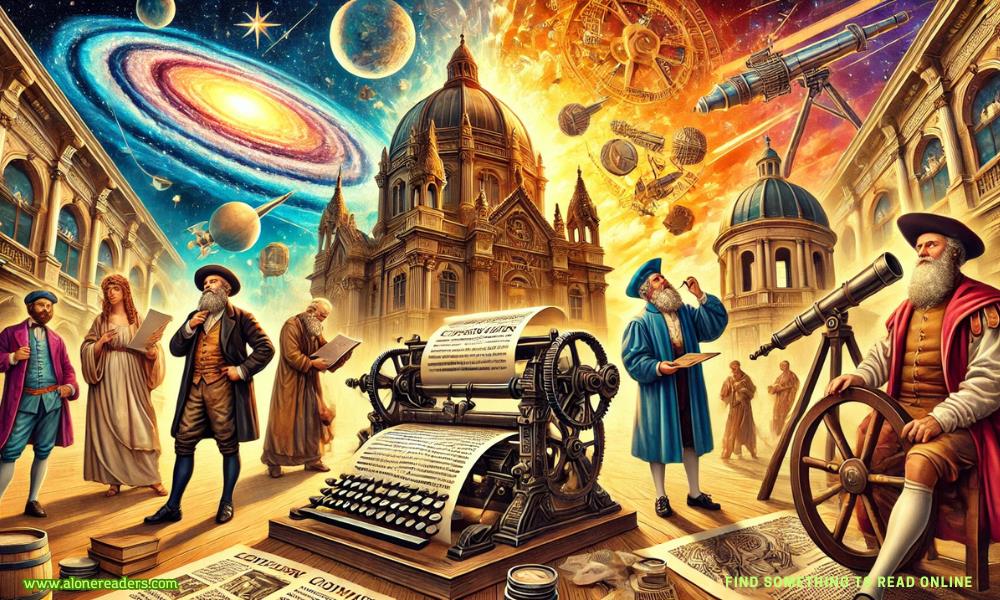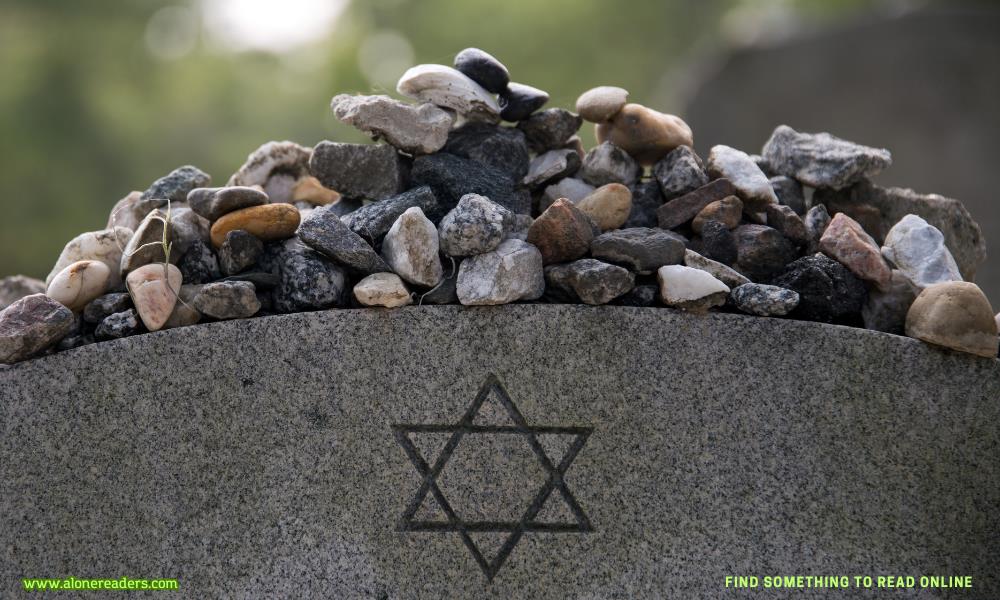Page 1 of Director's Cut
CHAPTER ONE
I need a drink.
A Pellegrino sweats on my makeup artist June’s vanity. It falls somewhere in the corner of my vision; June and the understood Stay still form a brick wall between me and even pretending to placate the dryness in my mouth. They’d offered me a laundry list of nonalcoholic drinks when my manager, Trish, and I first walked into the Late Late Show with Winston Gray, everything but what I need. I consider asking the intern with the infected nose ring for a glass of wine, to see if she’d bend the rules, but I don’t. I sit, and the wisps of June’s eyeshadow brush ghost featherlight across my skin.
I’ve never needed alcohol to get through an interview before. I’ve certainly enjoyed it, maybe even used it as a crutch once everyone got talking, but it’s never been on my mind like this before. That said, I’ve never done an interview where I’ve talked about my directing before. It’s never mattered like this.
June pulls away. “Gonna set you and you’re good to go.” She glances down at her phone. “And right on time.”
In other words, T minus five before I’m on with Winston.
“You’re promoting TV today, right?” June asks, her back facing the mirror.
“Yeah, Strange Prey’s second-season opener.”
It was one of the first things Trish booked me when I signed with her, one of those pick any random thing you’d love to do bucket list items. An experiment. What Trish calls an excuse to own my narrative. I thought being out would be no big deal, that that was going to be me owning my narrative. When I reshuffled my team, that I’d get more opportunities that aligned with my values, my creativity and passions. A few new types of opportunities and I truly thought everything would change for the better. But then the media branded me as only one thing. I tried to deal for a while, but I could handle being taken even less seriously than before I came out for only so long. I disappeared from the public eye not even a month after throwing myself into the spotlight. Focused on the work. No press. I acted and directed and ended up finishing my PhD all while sustaining myself off delivery groceries and forcing my friends to meet at someone’s house.
While productive, it wasn’t healthy. Over the past month, I’ve reentered public places for the sake of my social life. Trish insisted press was the next step. I’m back, and the layers of makeup and hair spray feel heavy and unfamiliar on my skin. I haven’t given an interview in front of a camera since the Goodbye, Richard! promo last spring, and something that used to be second nature now feels terrifyingly foreign.
Trish won’t say it, but I can also read between the lines: I’m promoting this episode, but Hollywood is watching me. Gay actress Valeria Sullivan is a commodity worth investing in, but is director Valeria Sullivan? Oakley in Flames, my directorial debut, and its upcoming tour around the festival circuit hinges on how I do tonight.
June sprays my face as my heartbeat picks up. She smiles, gloss shimmering on her lips. “Beautiful.”
Nothing else. June stands up, her fingers ghosting my shoulder in a moment of assurance. Then she disappears, and a curly-haired guy mics me up. Another leads me to the side of the stage. Trish is nowhere in sight. She insisted when we signed that she’d be different from my helicopter parent manager, Steven, that I’d have the freedom to say and do what I wanted. That she trusted me. And, yes, originally I hadn’t felt I needed her here, and she’d come only because we both decided why not, but my skin crawls when I can’t find her. I know all the interview questions, but I can’t shake an almost superstitious dread that I need to see her before I go on. Like I’ve given her the key to my brain and just remembered the lock was there.
But there’s Winston Gray onstage, saying, “Valeria Sullivan!” to a roar of applause.
The mic is attached to the lapel of my blazer, so I can’t give myself a pep talk under my breath. That this will go well and I’ll get my career—the career I want—back on track. Instead, I walk out with my best fake smile and the assurance that none of the bright, grinning faces in the audience or those watching this while falling asleep in their living rooms will be able to see my shaking hands or hear my hammering heart.
Valeria Sullivan, whoever the fuck that is, is back.
Winston is one of those hosts whose best feature is his grin. Nothing else about him is memorable. He’s white, maybe midforties, wears generic suits, has a flat California accent, and can’t even claim an embarrassing laugh as a trademark. We’ve met once before, when I hosted SNL some years back and he was still a cast member.
“Valeria, it’s so good to see you again,” he says, making easy eye contact. His caramel-brown eyes sparkle in the harsh stage lighting; his handshake is firm.
I wish I remembered more about him from our time together in New York. But as a reckless closeted lesbian, I was too busy floating on cloud nine because the writers wrote me sketches where I got to make out with female cast members. As jokes, but sometimes jokes and costumes and wink wink, nudge nudge can be water in an oasis of fame and closeted queerness.
“So great to see you too,” I say, wondering what he remembers about me that I can’t recall.
I take my seat. He’s got a more modern setup than most talk show sets, dark blue leather couches for both of us instead of the host behind a desk. He’s one of those trendy hosts, and he’s given me, Trish, and my publicist, Frankie, a list of bits we could do, ranging from video games to a version of Russian roulette where I take shots of condiments. It all feels a little like I signed up for All That or some shit. I believe my exact words to Trish were I’d gladly live through the homophobia of the nineties if it meant just doing a normal fucking Rosie O’Donnell interview.
So, yeah, I opted for just the interview, and I can see the disappointment in Winston’s eyes as he adjusts his legs before speaking.
“Love the suit, by the way.” He doesn’t sound quite as smarmy as Hannibal Lecter did saying that line, but it’s still an early curveball. It’s too close to the lesbian-fashion comments for my comfort.
“Thank you. I don’t know what my stylist is doing, but she needs a raise. People have been noticing so much more lately.”
Winston gives a polite laugh, but the audience seems to genuinely enjoy that one. I can’t really make out faces given how brightly lit the studio is, but the audience seems to be enjoying themselves. I relax my shoulders, letting that sink in. There aren’t any comments I have to avoid, truths I have to skirt anymore. This should be—and can be—easier than before. I want people like me to feel seen by me.
“So, coming back to the promo circuit, you’re bringing something a little different here, aren’t you?” Winston says. “How has switching hats affected you? Do you think you’re a better director because of your experience acting?”
It’s a standard actor/director question, and one for which I’ve been studying countless answers from actor/directors. “I don’t think I necessarily am, especially when it comes to directing for TV. I have more experience with the ins and outs of features, so I actually had a ton to learn from the actors, who’ve become experts in their own rights about TV as a medium.”
He snakes the ball as I take a breath. “You think it’s that different, even with a streaming show like Stranger Prey?”
I dig my nail into my side, knowing it’s obscured from cameras. Interviewers are just a part of the process. I let my thoughts go and try to answer his question directly. “The scripts and my ultimate vision don’t differ much from what I would do for a feature, which is amazing. I think I just wanted to not feel like I was barging onto Justin and Pete’s scene like I knew everything. I suppose that’s what I took from being an actor, knowing most of us don’t thrive under a patronizing director.”
“Do you see yourself as a natural leader?”
- Praise Me: Princess by Jessa Kane
- Animal Instincts by Jenika Snow
- Captured By the Bratva by Ava Gray
- Devlin by Winter Sloane
- Cruel Honor by Ivy Davis
- Playing With Fire by Emily Hayes
- The Ballerina by Jade Marshall
- Frat House Fling by Stephanie Brother
- Use Me, Daddy by Sara Fields
- Snowy Secrets by Ajme Williams
- Fierce-Michael by Natalie Ann
- Forever His This Christmas by Rosa Mink
- Trust Me With Forever by Kayla Chase
- She's Got that Fire by Haley Travis
- Savage Mountain Man by Lilah Hart
- The Way You Hurt Me by Emm Darcy



